Brett Morgen, the director of epic new David Bowie documentary Moonage Daydream, has said that it was only after he had suffered a heart attack that he was able to tackle the mammoth task of bringing his film to cinemas.
Morgen, who also directed the excellent Kurt Cobain documentary Montage of Heck and the romp of a Rolling Stones film Crossfire Hurricane, is the first filmmaker to gain access to Bowie's archive, which includes over five million assets ranging from artwork to film to music.
Review: Freak out! Moonage Daydream is Bowie unbound
The director first approached the then semi-retired Bowie about making a documentary. After the star’s death in 2016, Morgen spent a total of five years working on Moonage Daydream but before he even began to sort through that sprawling archive, he had a heart attack at the age of 47 and flatlined for three minutes.
Speaking to RTÉ Entertainment, Morgen said, "This sounds strange, but it was fortuitous that I didn’t embark on this project after I met David for the first time in 2007."
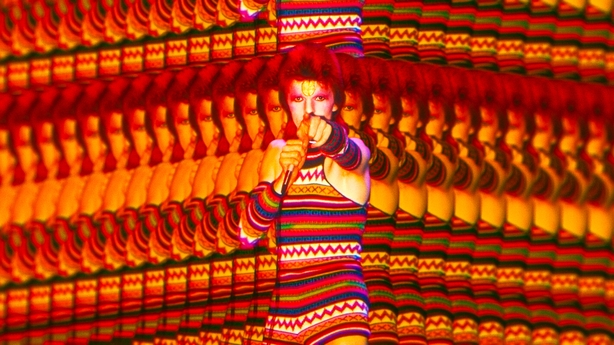
"It was only after the heart attack that I began work on the film because it put me in a state of mind that was more receptive to some of the questions that David had been advancing throughout his career.
"I don’t think I would have been open and receptive to that and ultimately that helped create a portrait that is closer to David philosophically and spiritually that I would have been able to do prior to that."
"Bowie wrote the soundtrack to modern society, modern culture for this digital age but he was doing it from an analogue perspective and his ideas that he had, and the soundscape feel very appropriate for the world we're living in." - Brett Morgen
Moonage Daydream is a fabulously strange film that gleefully breaks all the rules of the rock doc genre. It pinballs all over Bowie’s career, piling image upon image until the collage spins out of control. It’s a chaotic account of the great man’s life that treats its subject as a moving canvas.
"As I listened to more of his interviews and got deeper into the Bowie experience, one of my big takeaways came from an interview he did with Mick Rock about three months before Ziggy Stardust came out," Morgen says.
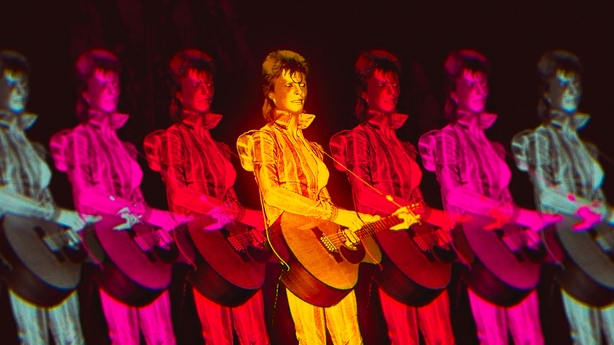
"He was asked about this `space age concept album’ he had coming out and David said, `Not really, man. I mention space in two songs. I mention spaceman and ray gun and that’s it! The audience is going to fill in the blanks and project everything onto it’.
"At that stage of David’s career and hearing him articulate that, I thought it was fascinating because I thought it wasn’t just that he used himself as a canvas, but he consciously invited us to project onto him, the artist/spectator relationship and that made him rather unique."
The sound technician for Moonage Daydream was Paul Massey, who has worked on over 40 films since 1982 and won an Oscar for Best Sound Mixing for Bohemian Rhapsody. He also won Baftas for his work on Almost Famous (2000), Master and Commander: The Far Side of the World (2003) and Walk the Line (2005).
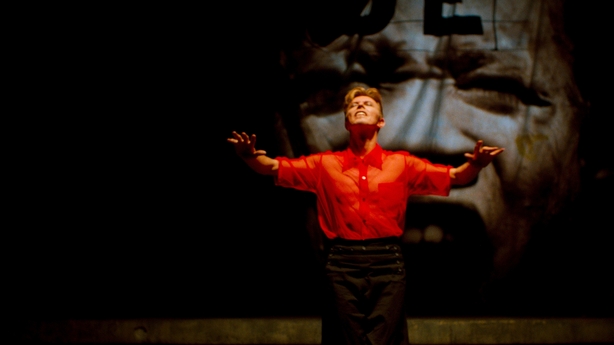
But this is Bowie - the crown jewels. Speaking about this approach to getting the best sound quality possible, Massey says, "My main role was in the dialogue and music side of things and with Brett’s access to all of the of the original multi-track tapes, we were able to do complete remixes of every song we had multi-tracks of.
"I think my biggest responsibility and fear was not to mess up what the massive audience already knew as iconic songs but to at least portray the songs in a very different light and bring them into a theatrical environment which I don’t think they’d ever heard before."
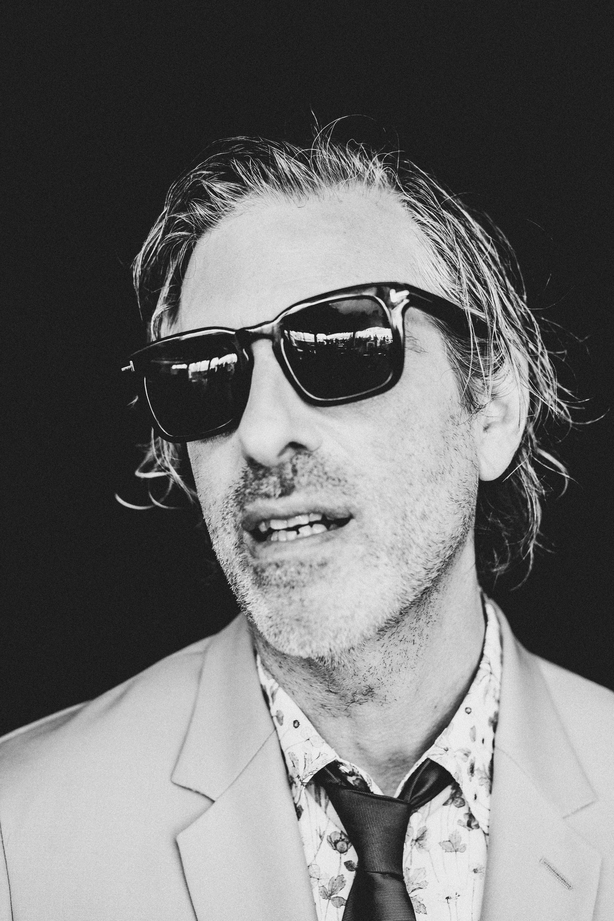
He adds, "That allowed us to make it extremely immersive and move instrumentation around and highlight different video cuts that Brett had made and combine that all with layers of sound design, sometime with very unexpected material that is weaving in and out of the music.
"Brett said that he wanted the sound to stand alone from the visuals so that when you shut your eyes, you’re being taken on a ride."
Moonage Daydream is not a conventional music doc. There are no talking heads and it is Bowie himself speaking from beyond the grave who provides the narration.
As he says near the start of the film, "I was creating the 21st century in 1971. I wanted to provide a roadmap of how to survive the 21st century".
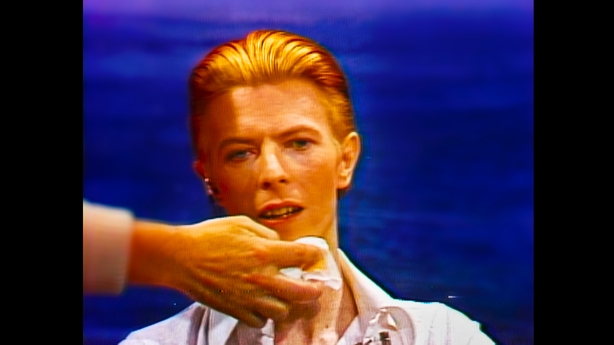
Six and half years after his passing, are we only now getting the full measure of the man?
"I wouldn’t say that it’s only now that we’re getting the measure of the man," Morgen says. "He’s been transmitting to us for fifty plus years. His music was of its time, but it is also of this moment.
"Bowie was tuned to frequencies and transmissions that were happening all around, but he could feel them in a way that most people couldn’t see or feel, and it’s taken decades for some of those transmissions to come to the surface.
"So, in that sense, Bowie wrote the soundtrack to modern society, modern culture for this digital age but he was doing it from an analogue perspective and his ideas that he had, and the soundscape feel very appropriate for the world we’re living in."
Alan Corr @CorrAlan2
Moonage Daydream is in cinemas now

